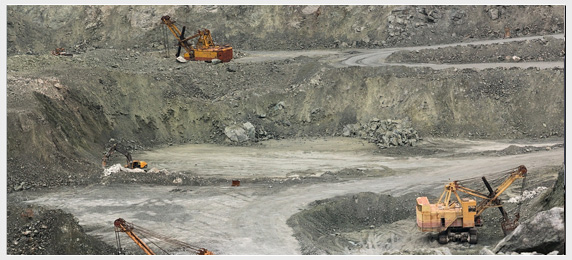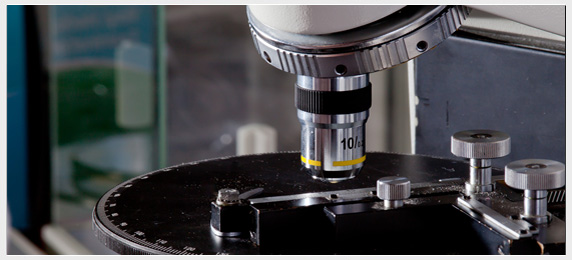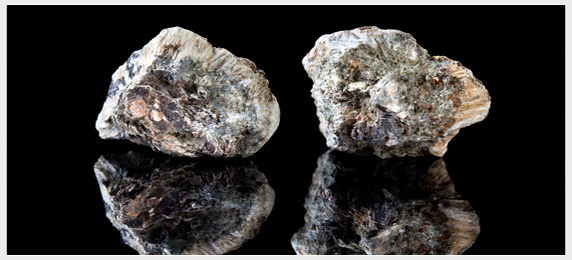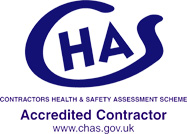Asbestos: A possible cure being developed for Mesothelioma
There is no doubt that Mesothelioma is a terrifying and deadly disease, that has been considered to be incurable for many years, but recent research would suggest that there could be light at the end of the tunnel.
What is Mesothelioma?
Malignant mesothelioma is the most serious of all asbestos related diseases. Exposure to asbestos is the primary cause and risk factor for mesothelioma.
Mesothelioma is a type of cancer that usually starts in the covering of the lungs, this area is known as pleural mesothelioma, but it can also start in the abdominal area known as peritoneal mesothelioma.
Living with mesothelioma is difficult and sufferers will have to learn to cope with their diagnosis, and managing the disease when it reaches an advanced stage.
Is there a cure for Mesothelioma?
At the moment, no cure for this aggressive cancer exists. At present, mesothelioma patients can only hope to improve their prognosis through various treatments, including surgery, radiation, chemotherapy, and experimental therapies tested in clinical trials.
What mesothelioma treatment options exist?
There are currently five primary types of treatment available for mesothelioma:
- Surgery - Depending on the location and stage of the cancer, and the overall health of the patient, there is a chance that tumors may be able to be removed with a surgical procedure.
- Experimental Treatment - Clinical trials that test some of the newer therapies like immunotherapy and phototherapy can prove effective if other options are exhausted or not viable.
- Radiation - This is one of the oldest mesothelioma treatments and radiation techniques can target and shrink tumors to make other treatments more effective.
- Chemotherapy - The aim of Chemotherapy is to prevent the cancer cells from growing and multiplying throughout the rest of the body.
- Palliative Treatment - Additional techniques and therapies can treat the symptoms of mesothelioma to help ease patient pain and suffering.
So it appears that the long term outlook for Mesothelioma sufferers is quite bleak, however......
Help could be close at hand!
Recent studies have shown that there is a new and revolutionary vaccine that has been shown to beat Mesothelioma. This certainly sounds promising when you consider that Mesothelioma is frequently refered to as one of the worlds deadliest cancers that is linked to asbestos.
The statistics have shown that in a recent trial, 94 per cent of mesothelioma patients responded well to the new drug which is designed to harness the bodys own immune system to fight the Mesothelioma. A 94 per cent success rate seems very encouraging and although these are preliminary results, they do appear to be rather promising.
The findings from the research
Mesothelioma kills about 3,000 people per annum and the survival rates do not appear to have improved much over recent years. Thirty eight patients were the subject of these trials and 86 per cent experienced significant shrinkage of their tumours.
It was discovered that about 60 per cent of the tumours were reduced by more than 30 per cent and in 30 per cent of the patients, their tumours had shrunk by an average of 80 per cent. Interestingly, one patient showed that the cancer had completely disappeared.
The treatment that was used in these trials has now been granted orphan drug status by the United States drug regulators, the Food and Drug Administration, this essentially means that it can be introduced to the market in a shorter amount of time.
What is an Orphan Drug?
The Orphan Drug Designation program provides orphan status to drugs and biologics which are defined as those intended for the safe and effective treatment, diagnosis or prevention of rare diseases and disorders that affect fewer than 200,000 people in the United States, or that affect more than 200,000 persons, but are not expected to recover the costs of developing and marketing a treatment drug.
The drug used in this trial was delivered by an injection and is made up of a watered down and noninfectious version of the listeria bacteria. The listeria bacteria was engineered to release a protein which is also present on the mesothelioma cancer cells. This effectively causes the immune system to kill the cancer cells along with the bacteria without the risk of infecting the patient with the listeria related illness listeriosis.
Essentially, when the listeria bacteria is killed, the immune response is increased and this kills the cancer tumour. The aim is to put patients in long term remission and the initial findings of this study seem to indicate that this could well be possible.
This research has even shown that the same protein expressed on mesothelioma cells is also present in ovarian, stomach and pancreatic cancers and the trials are now being expanded to see whether the same treatment technique could be used to treat these cancers too.
Only time will tell if Mesothelioma as well as some other cancers will be consistently and successfully treated with this or similar methods, but the outlook does look a lot brighter than other trials that have been conducted recently.
Further Information
If you would like to know more or are interested in a quote we would be happy to help. Phone us on 07730 446 224, email us at info@survey-safe.com or fill in our enquiry form and we will be in touch as soon as possible.
Survey Safe® - 07730 446 224 - info@survey-safe.com
Registered Office: Wagstaffs, Richmond House, Walkern Road, Stevenage, Herts SG1 3QP
Survey Safe® :: 07730 446 224
Survey Safe®
07730 446 224
Areas we cover
Areas we cover in London :: A
Areas we cover in London :: B
Areas we cover in London :: C
Asbestos articles
Asbestos: A possible cure being developed for Mesothelioma
Asbestos: The importance of regular staff medicals
Mesothelioma and Asbestosis: A comparison
86 per cent of school buildings contain asbestos
Workplace exposure limits
Controlling noise at work
Legionella risk
Asbestos re-inspection
Asbestos related products
Magnesite floor screeds
Asbestos in vermiculite
Chrysotile fuse carriers
Asbestos air monitoring
Asbestos cement roofs
Surviving mesothelioma
Cancer deaths from asbestos at all time high
Asbestosis
Asbestos exposure at ground zero after 9/11
Asbestos insurance claims
More asbestos related prosecutions
New asbestos regulations introduced
Asbestos contractor fined
Asbestos is a hidden health hazard in millions of homes
Asbestos exposure
Contractor fined for removing asbestos in an open wheelbarrow
Past and present uses for asbestos
Asbestos filters used in cigarettes
Privacy policy
Website map







 1
1 2
2 3
3 4
4 5
5



